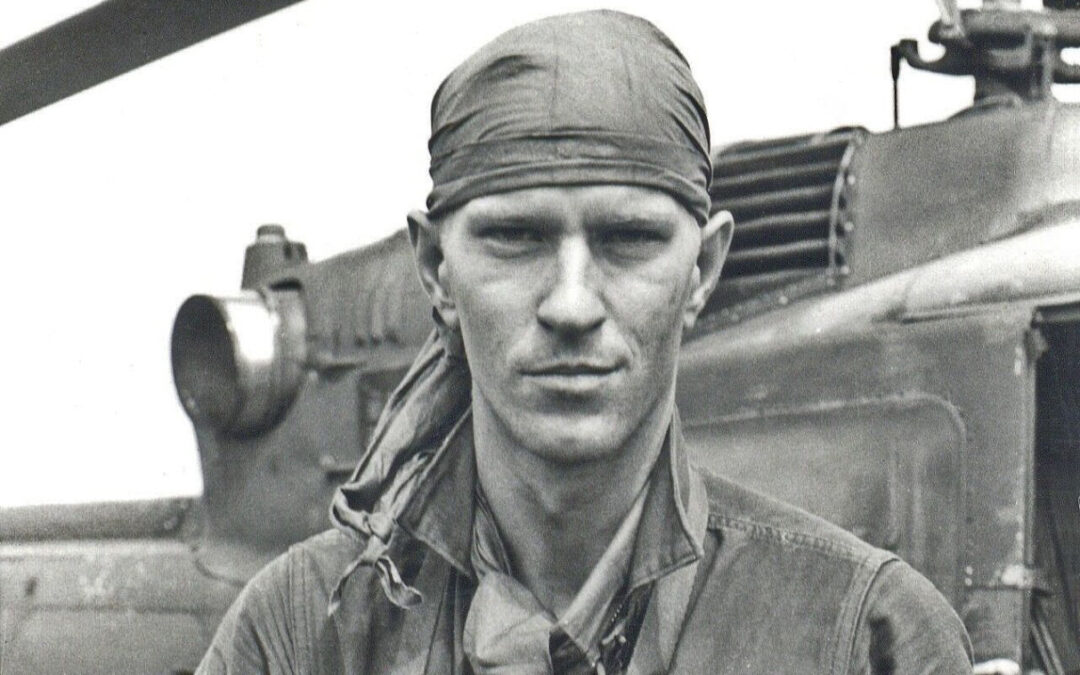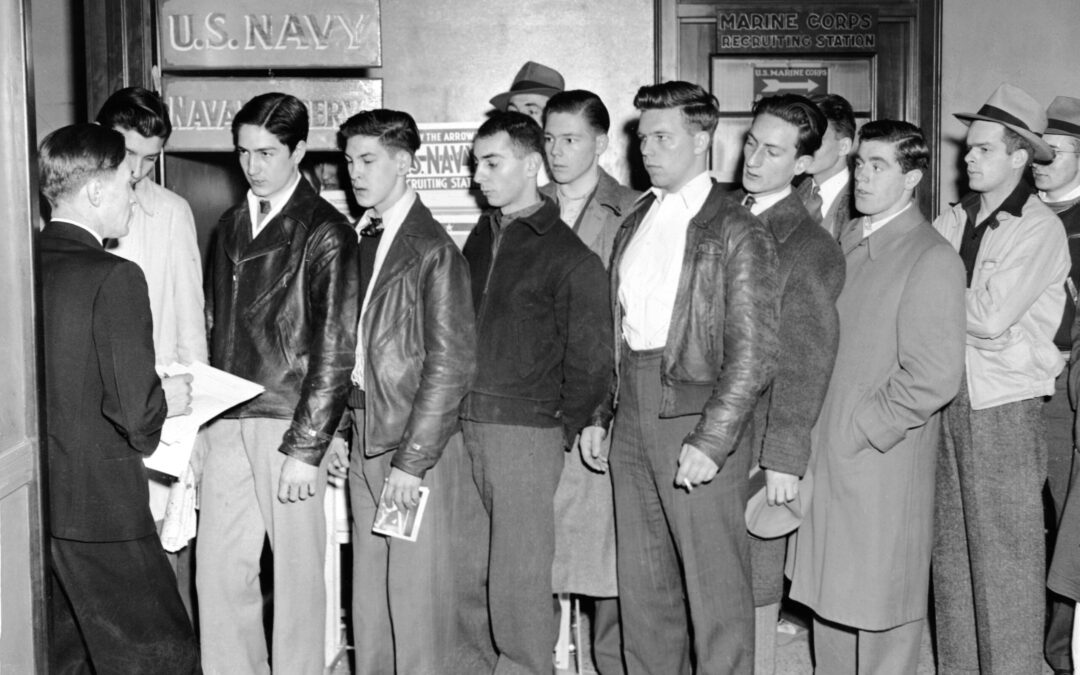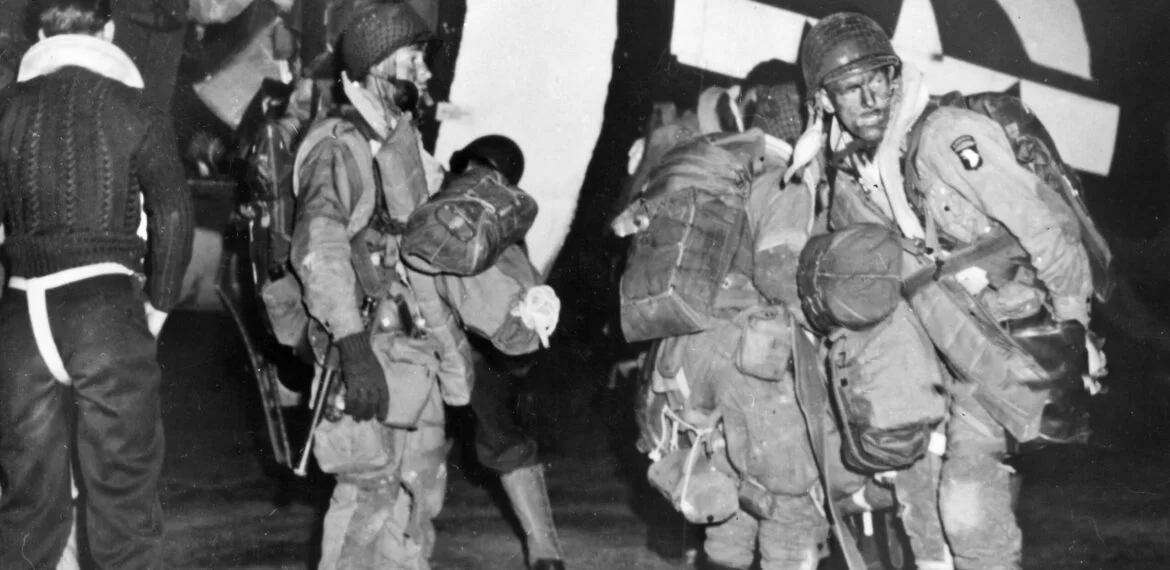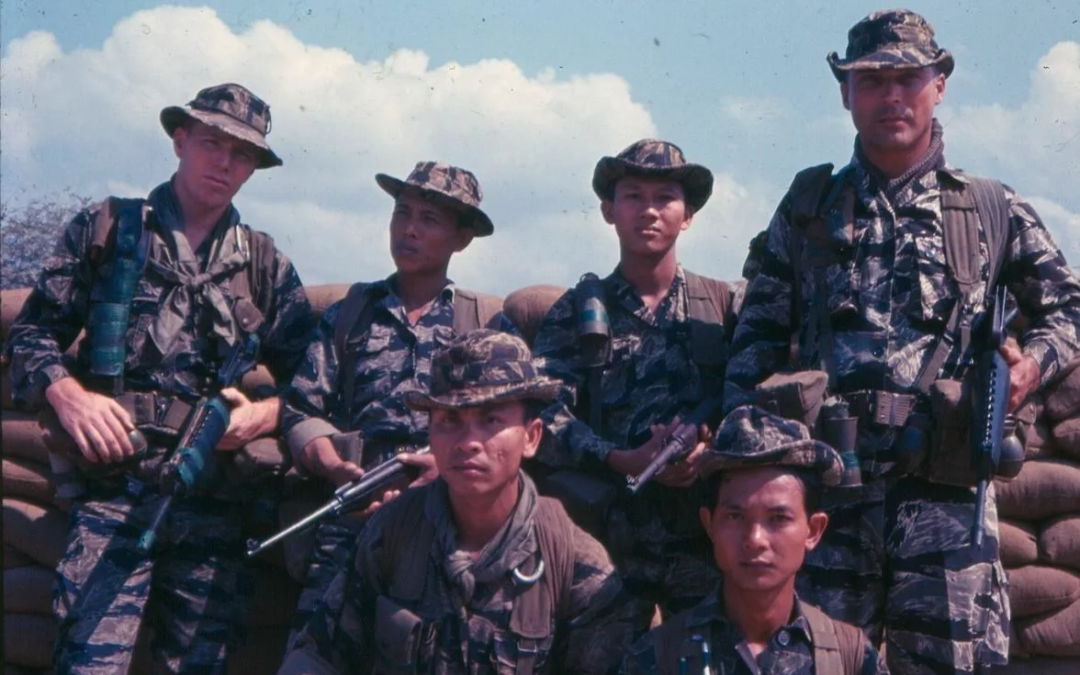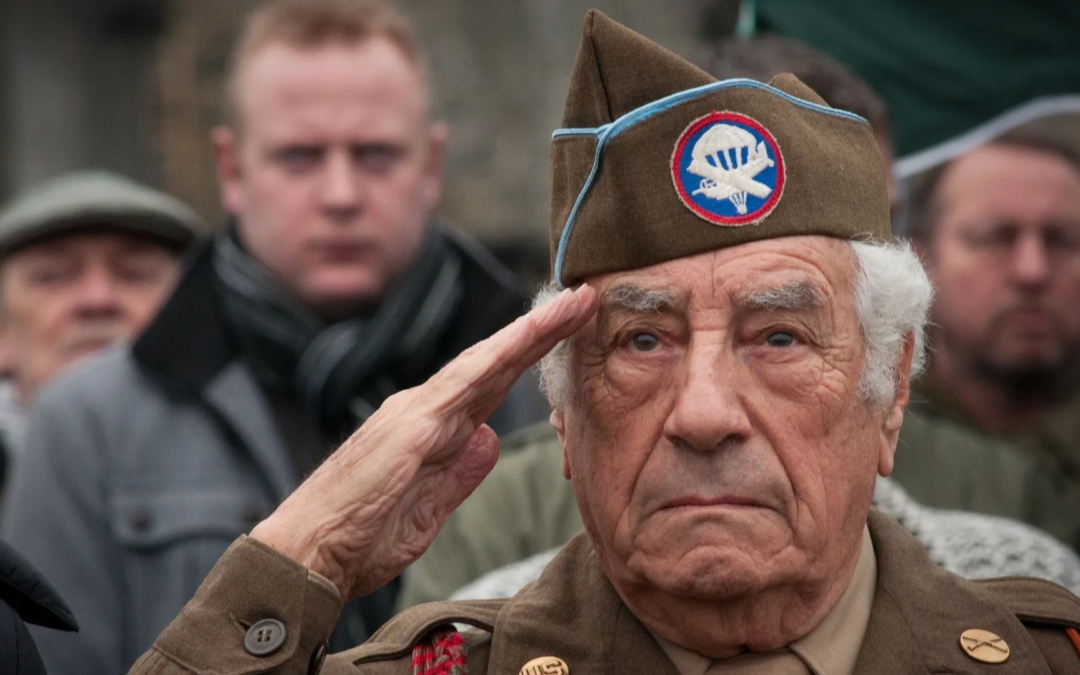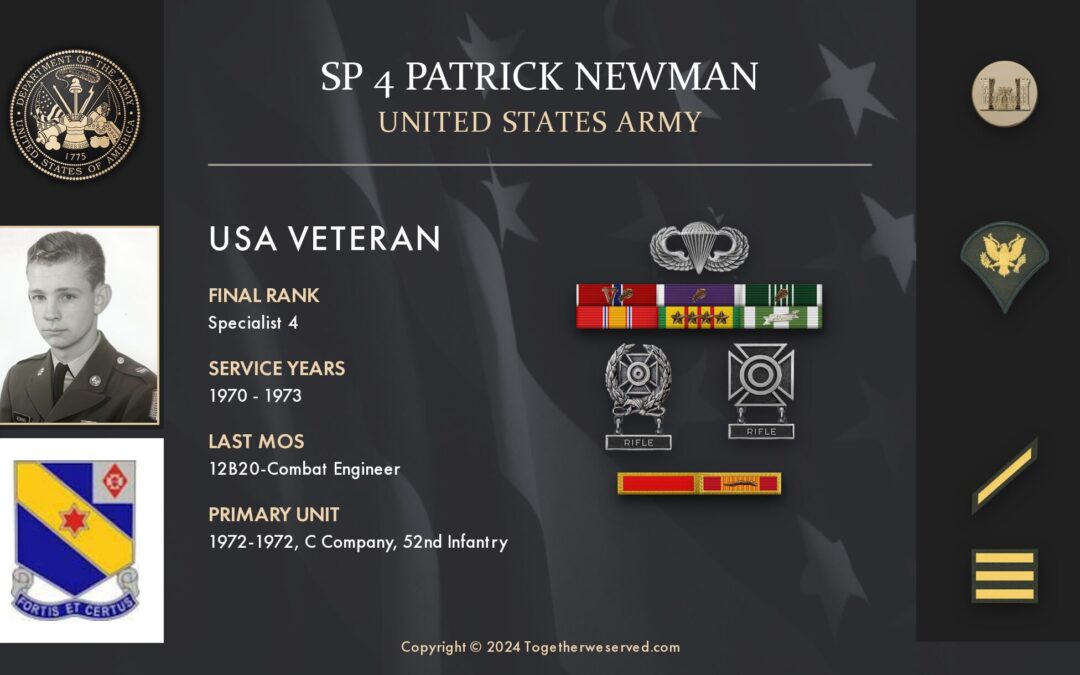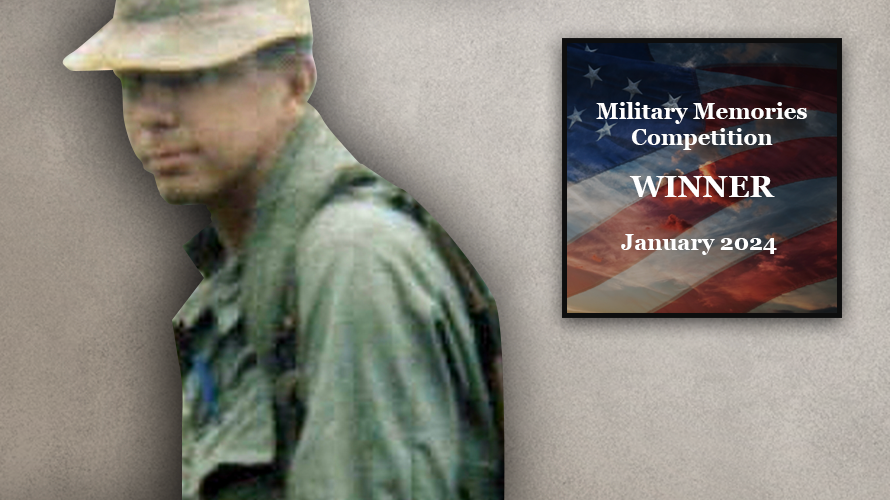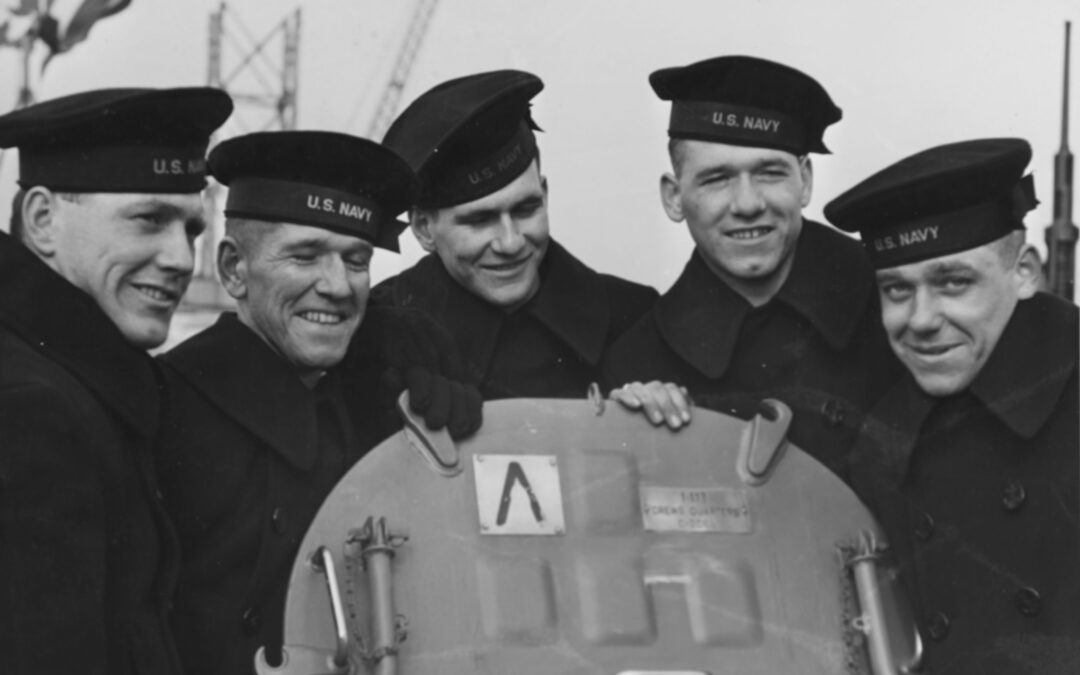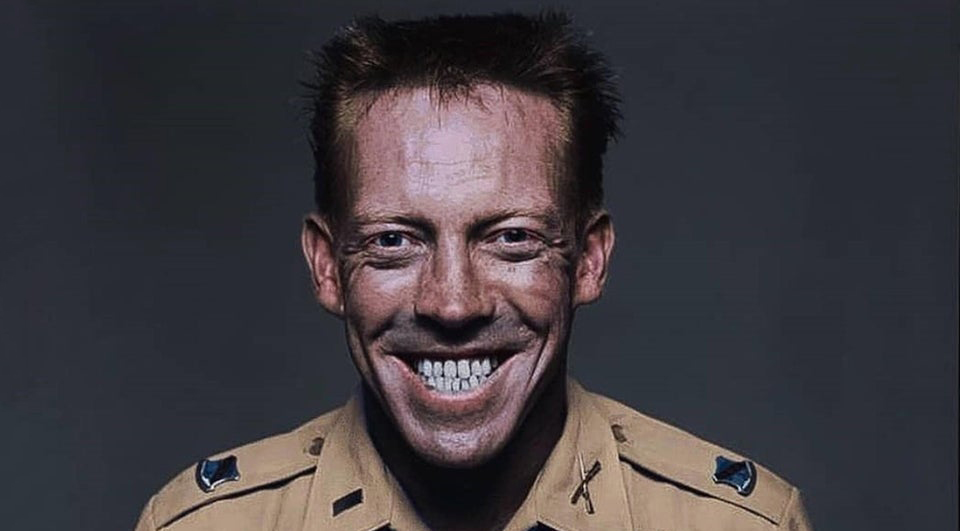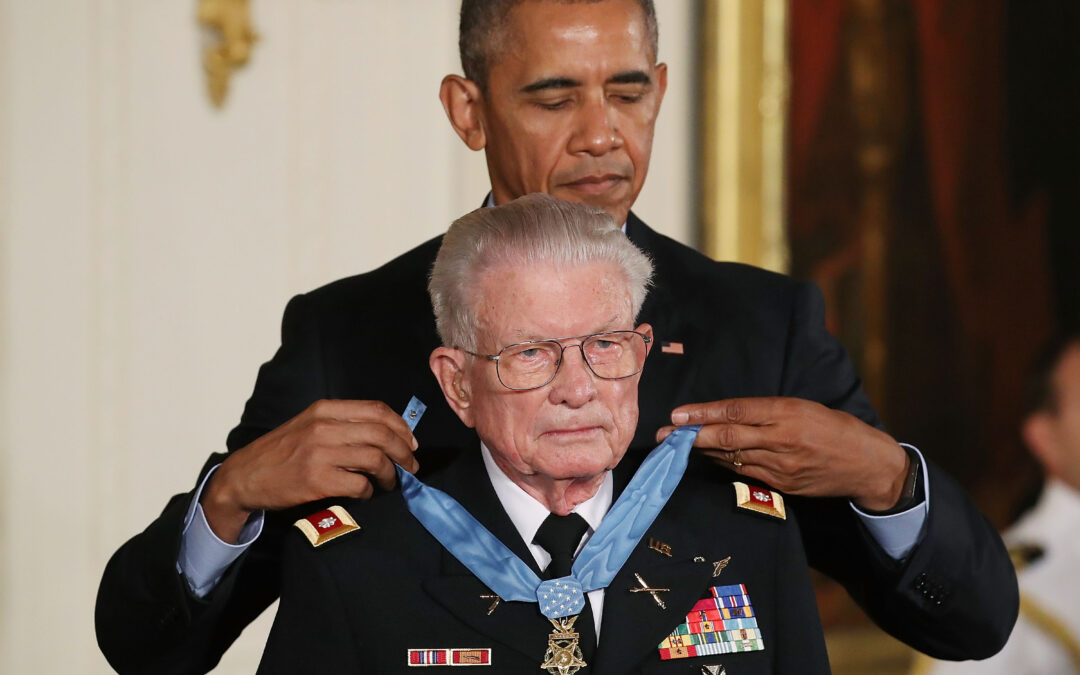When Jerry Shriver left the United States for Vietnam, the only reason he ever came home was because the Army forced him to get some R&R. Even then, Shriver spent his time stateside talking tactics with fellow soldiers and looking for weapons to use in his unconventional, often personal war against the communists of Southeast Asia. He earned the nickname "Mad Dog" from Radio Hanoi for his fierce raids into enemy territory, his ability to fight his way out, and his refusal to use...
